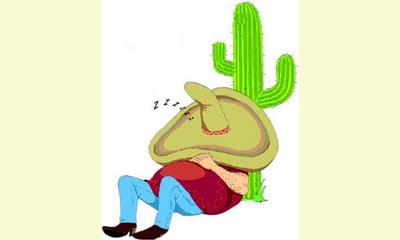|
|
The danger of the single story
un articulo por Sergio Peñuñuri and Gabriela Contreras
The Nigerian novelist Chimamanda Ngozi Adichie, speaks about
the importance of having a complete vision of other cultures or persons before making a
judgement about them. This is due to the fact that many
Americans, Africans and Asians are fed very rigid stereotypes
about other ethnic groups; publicity, family and the entire society
give us strong ideas that are often wrong. We believe that to reach
tolerance in every way, we must emphasize a global vision of
knowledge about foreign cultures and manners. 
click on photo to enlarge
The Nigerian novelist focus on the importance of reading as an effective tool
to dissolve ignorance. Through reading about others, we can become informed in a straight way
about social and cultural reality and not allow an uninformed
society to influence us and create stereotype images in our mental context.
The writer mentions that an "equilibrium of stories" can give us a 360 degree vision with respect to other peoples in the world, while stereotypes create a single story with a narrow "truth."
As Mexicans we identify with this situation because we have often been considered as lazy, drunk and always wearing a “sombrero”
when it`s not true. This makes us consider if we may not have stereotypes
about Africans and Asians as well.
(Click here for a Spanish version of this article)
|








|
DISCUSSION
Pregunta(s) relacionada(s) al artículo :
Where do stereotypes come from?, And how can we overcome them?
* * * * *
Comentario más reciente:
:
This discussion question applies to the following articles:
The danger of the single story
El peligro de una solo historia
Building competences to fight hate speech online

|
|









